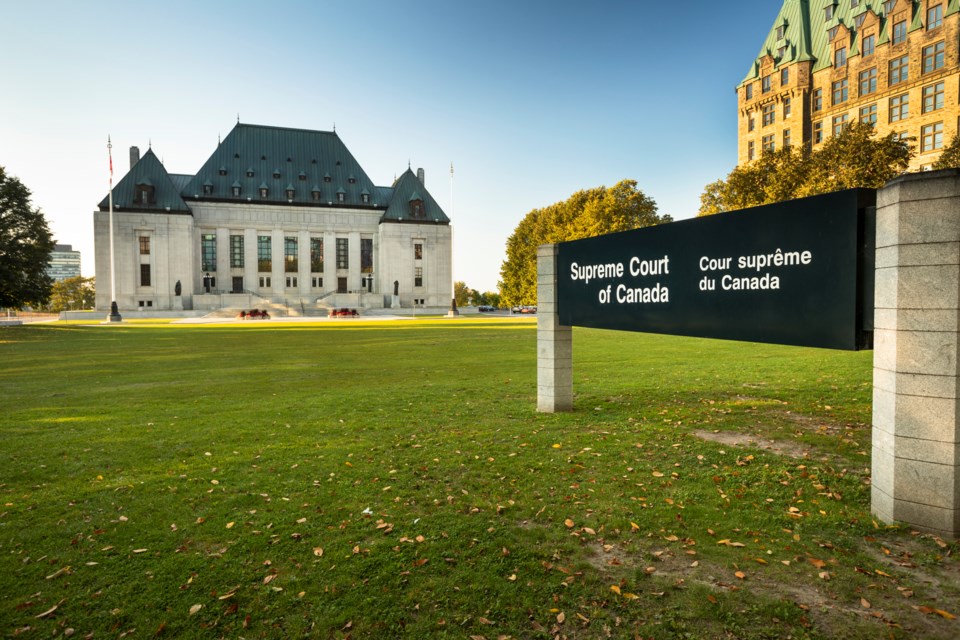The BC Civil Liberties Association (BCCLA) says it welcomes the Supreme Court of Canada’s decision last week that bars stacking years of parole ineligibility for inmates found guilty of multiple murders.
The association called such punishment — de facto life in prison with no chance of parole — “cruel and grossly disproportionate.”
The association was an intervenor in the case of Alexandre Bissonnette, a Quebec man who killed six people at a Quebec City mosque in 2017 and was sentenced to six separate counts of first-degree murder.
Bissonnette challenged the provincial court’s sentencing that saw a judge impose a 40-year cap on his parole ineligibility.
However, on May 27, the Supreme Court declared unconstitutional a 2011 Criminal Code provision that allowed the provincial court judge, in the event of multiple murders, to impose a life sentence and parole ineligibility periods of 25 years to be served consecutively for each murder.
In its decision, the Supreme Court said in order to ensure respect for the inherent dignity of every individual, the Charter of Rights and Freedoms requires Parliament to leave a door open for rehabilitation, even in cases where such an objective is of secondary importance.
The association took the position that stacking parole ineligibility would imperil the state’s obligations to rehabilitate an inmate.
“The court was unequivocal in finding that Parliament cannot extinguish rehabilitation as an objective of sentencing,” said Carly Peddle, counsel for the BCCLA.
“We welcome the court’s clear recognition that rehabilitation is intimately tied to human dignity and that excessive sentences do nothing other than undermine the administration of justice. Every individual deserves a Canadian justice system that protects and upholds these fundamental values,” said Peddle.
Stephanie Goodwin, interim executive director of the BCCLA, said the 2011 provision was too vindictive and the Supreme Court’s decision affirms “that offenders, no matter who they are or what they have done, are redeemable in the eyes of the law and that the Canadian criminal justice system can and must recognize this basic human dignity.”
The association noted the court also acknowledged that excessive sentences “fail to achieve any valid sentencing objectives and do nothing more than bring the administration of justice into disrepute.”
News of the May 27 decision was not taken lightly by victims.
Officials at the Quebec City mosque said they were disappointed by the ruling, noting a concern among families that the orphaned children of the six men who died in the attack could possibly come across their fathers' killer in the street one day — although a parole board would need to approve any such release in 25 years.
Cathy Riddell, one of 26 victims of a van attack in Toronto in March 2021 that killed 10 people, was highly critical of the ruling.
"I'll tell you what cruel and unusual punishment is," she said. "It's an innocent person being murdered. It's an innocent person being maimed or an innocent person having their life ripped apart. That is cruel and unusual punishment."
The Criminal Code provision the court struck down was ushered in by the Conservative government of Stephen Harper.
With files from Canadian Press




